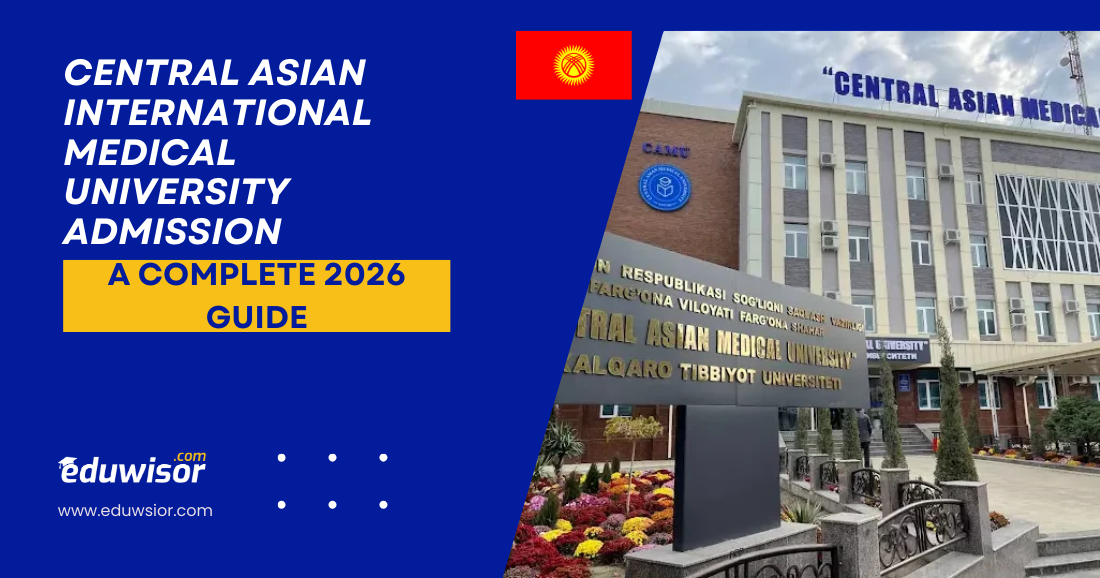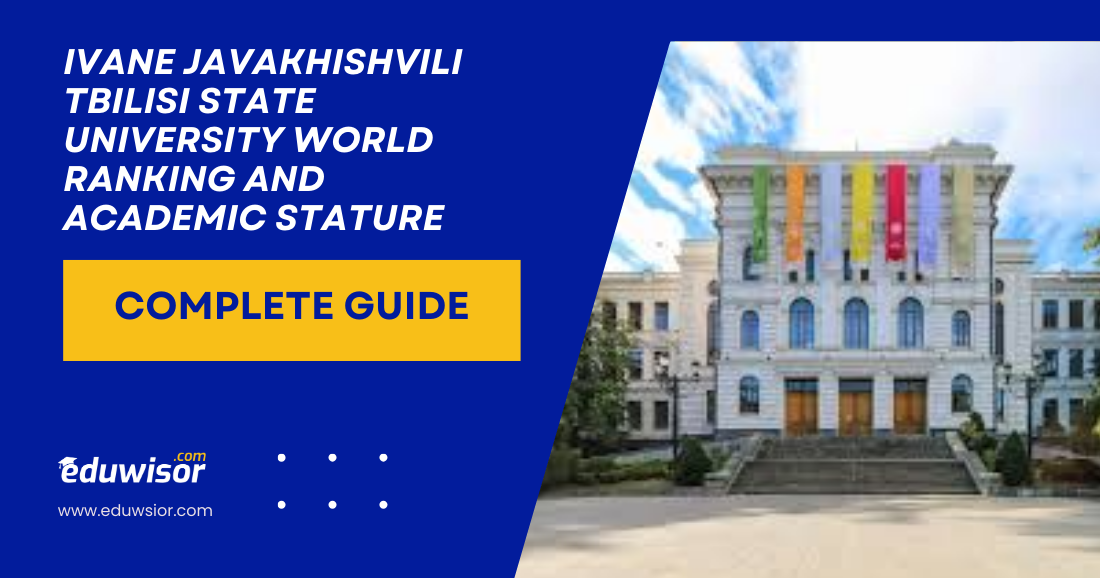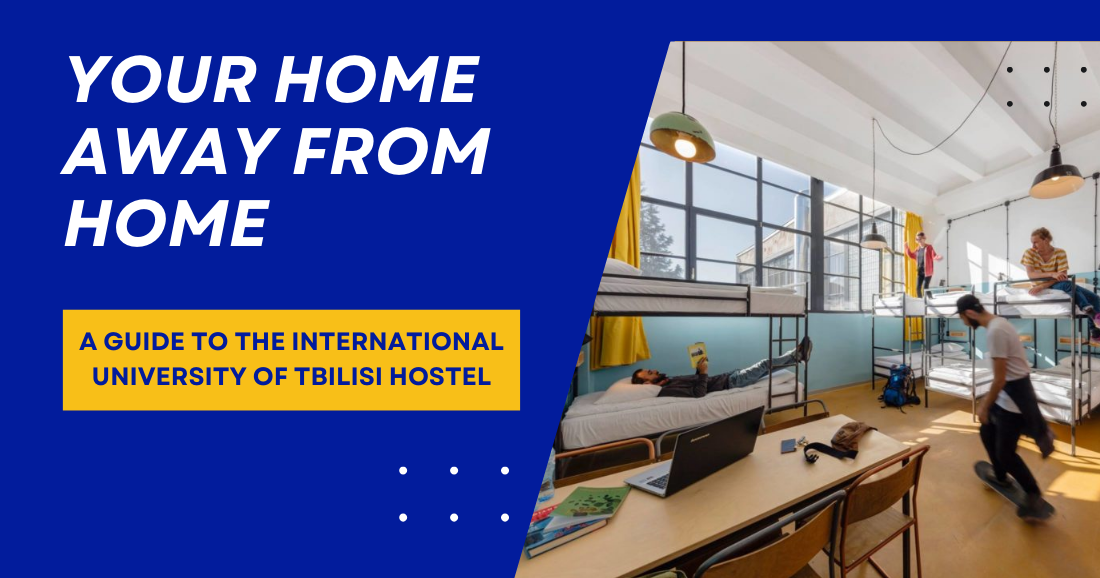Introduction
Completing an MBBS from European University Georgia is a significant milestone, but the journey doesn’t end there. The next crucial step is choosing the right postgraduate (PG) option to specialize and advance your medical career. Whether you aim to become a clinical specialist, researcher, or explore non-clinical fields, this guide covers all PG options after MBBS from Georgia, including eligibility, exams, and career prospects.
Why Pursue PG After MBBS from European University Georgia?
European University Georgia is recognized by the World Directory of Medical Schools (WDOMS), NMC (National Medical Commission, India), and other global medical councils. Here’s why pursuing PG after MBBS from Georgia is advantageous:
- Globally Recognized Degree – Eligible for USMLE (USA), PLAB (UK), NEXT (India), and European licensing exams.
- Affordable Tuition & Living Costs – Compared to the US, UK, or Australia, PG courses in Georgia and Europe are budget-friendly.
- High-Quality Clinical Training – Hands-on experience in affiliated hospitals and research centers.
- Pathway to Europe & North America – Easier transition to residency programs in Germany, Poland, USA, and Canada.
- Diverse Specializations – Options for clinical, surgical, research, and public health fields.
Top PG Options After MBBS from Georgia
1. Residency Programs (Clinical Specialization)
The most common path after MBBS is residency training, where doctors specialize in fields like:
Popular Residency Specializations:
- Internal Medicine (3-4 years)
- General Surgery (5-6 years)
- Pediatrics (3 years)
- Radiology (4-5 years)
- Cardiology (3 years fellowship after Internal Medicine)
- Orthopedics (5 years)
- Neurology (4 years)
Countries Offering Residency for Georgian MBBS Graduates:
✅ United States (USA)
- Exam Required: USMLE (Steps 1, 2 CK, 2 CS, Step 3)
- Process:
- Clear all USMLE steps.
- Apply for residency via NRMP Match.
- Specializations like Internal Medicine, Family Medicine, and Psychiatry are IMG-friendly.
✅ United Kingdom (UK)
- Exam Required: PLAB (Part 1 & 2) or UKMLA (upcoming)
- Process:
- Clear PLAB, register with GMC (General Medical Council).
- Apply for NHS Foundation Training.
✅ Germany
- Exam Required: Fachsprachprüfung (FSP) + B2 German
- Process:
- Learn German (B2/C1 level).
- Clear FSP exam and apply for Approbation (medical license).
- Enter residency (Facharztausbildung).
✅ Poland, Hungary & Other EU Countries
- Many EU nations offer English-taught residency programs with no language barrier.
✅ Georgia & Home Country Options
- Some students prefer completing residency in Georgia or returning to their home country (e.g., NEXT exam for India).
Master’s Degrees (MS/MSc) in Medical Fields
If you prefer academic or research-oriented careers, consider a Master’s degree in:
Top Master’s Programs After MBBS:
- Master of Public Health (MPH) – For careers in global health, epidemiology, healthcare management.
- MSc Clinical Research – Ideal for pharmaceutical and clinical trial roles.
- MSc Medical Microbiology – Focus on infectious diseases and lab research.
- MSc Biomedical Sciences – Research in genetics, molecular medicine, and biotechnology.
Best Universities for Master’s After MBBS:
- Europe: Karolinska Institute (Sweden), Heidelberg University (Germany)
- UK: University of Edinburgh, London School of Hygiene & Tropical Medicine
- USA: Harvard, Johns Hopkins (MPH programs)
- Georgia: Tbilisi State Medical University, European University Georgia
3. PhD in Medicine (Research & Academia)
For those passionate about medical research, a PhD is the best choice.
Popular PhD Specializations:
- Cancer Biology & Oncology
- Neuroscience & Neurology
- Cardiovascular Research
- Stem Cell & Regenerative Medicine
Career Opportunities After PhD:
- University Professor
- Medical Scientist in Pharma Companies
- Research Director in Hospitals
4. Diploma & Certification Courses (Skill Enhancement)
Short-term courses to boost clinical skills and employability:
- Diploma in Cardiology (1-2 years)
- Diploma in Medical Ultrasound (6 months – 1 year)
- Certification in Hospital Management
- Advanced Diploma in Clinical Pathology
5. Alternative Career Paths After MBBS
Not interested in traditional clinical practice? Consider these non-clinical careers:
- Medical Licensing Exam Coaching (USMLE, PLAB, NEXT tutors)
- Healthcare Consulting (McKinsey, Deloitte healthcare divisions)
- Medical Writing & Content Creation
- Digital Health & Telemedicine Startups
European University Eligibility for PG After MBBS from Georgia
| Requirement | Details |
| Valid MBBS Degree | Must be from a WDOMS/NMC-recognized university. |
| Internship Completion | Required for NEXT (India), USMLE, and PLAB. |
| Language Proficiency | IELTS/OET (UK), German B2 (Germany), or local language. |
| Entrance Exams | USMLE (USA), PLAB (UK), NEXT (India), FSP (Germany). |
| Work Experience | Some residency programs prefer 1-2 years of clinical experience. |
Conclusion: Which PG Path is Best for You?
Choosing the right PG option after MBBS from European University Georgia depends on:
✔ Career Goals (Clinical practice vs. Research vs. Non-clinical roles)
✔ Preferred Country (USA, UK, Germany, or stay in Georgia)
✔ Financial Budget (Residency in the USA is expensive; Europe is affordable)
✔ Exam Readiness (Can you clear USMLE, PLAB, or NEXT?)
Final Advice:
- Want to be a surgeon? Aim for US/UK residency in General Surgery.
- Interested in research? Pursue an MSc or PhD in Europe.
- Prefer non-clinical roles? Explore MPH, Healthcare IT, or Medical Writing.
Need personalized guidance? Consult an education counselor to plan your medical career strategically!
Eduwisor always guides students toward the right path with an unbiased approach. You can follow us on Youtube, Facebook, Instagram, Twitter, and Linkedin. Stay tuned for regular updates.
Interested in applying? Contact authorized Eduwisor consultant for a smooth admission process!
Act NOW—limited seats for 2025 intake! Call/WhatsApp: 9326395883/ 9076036383












